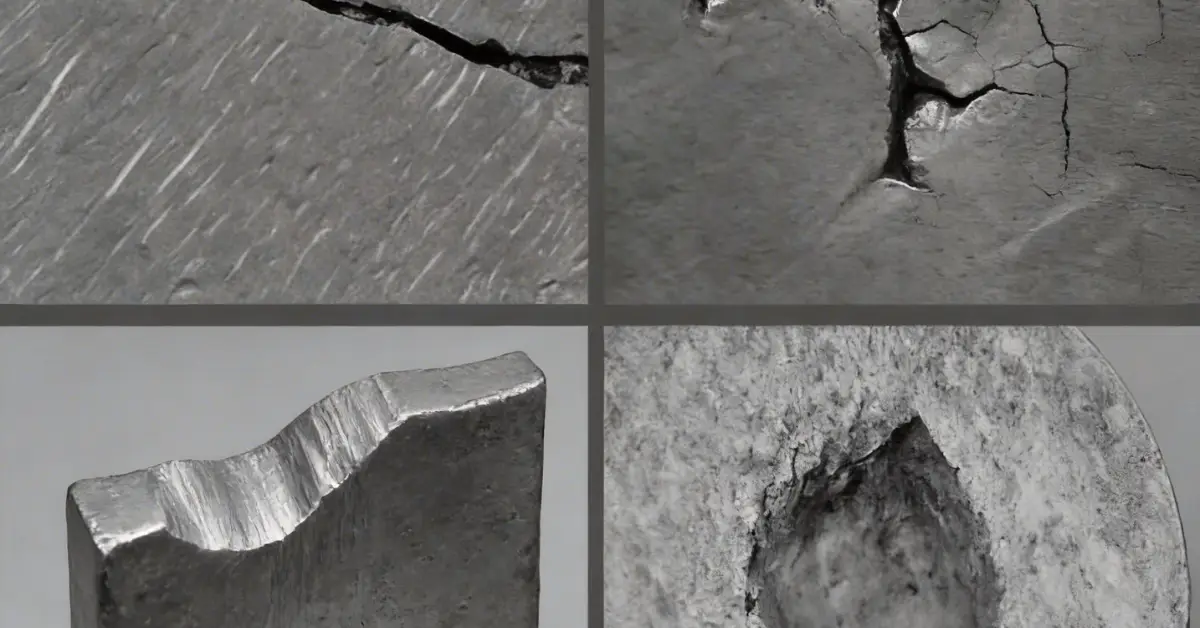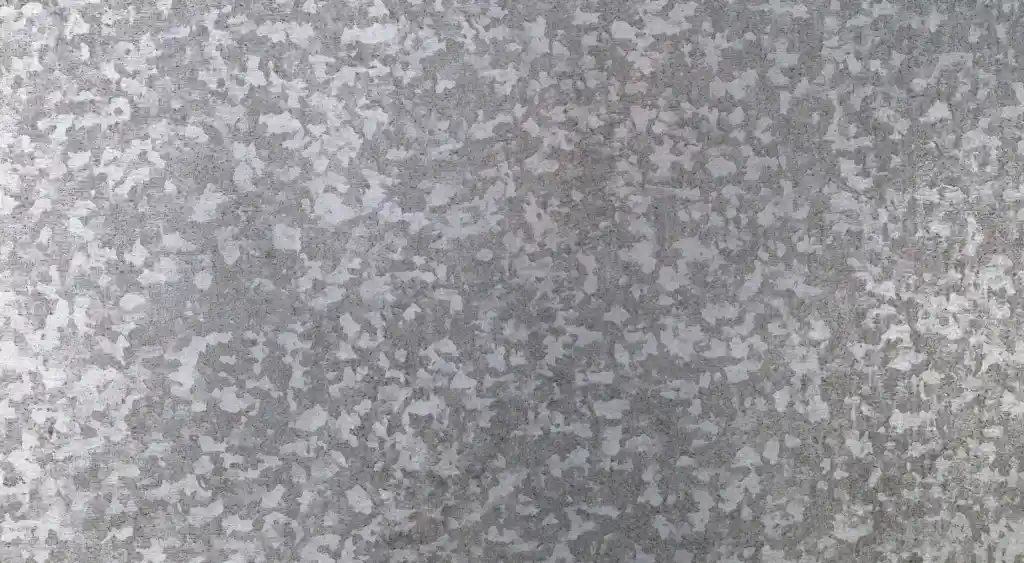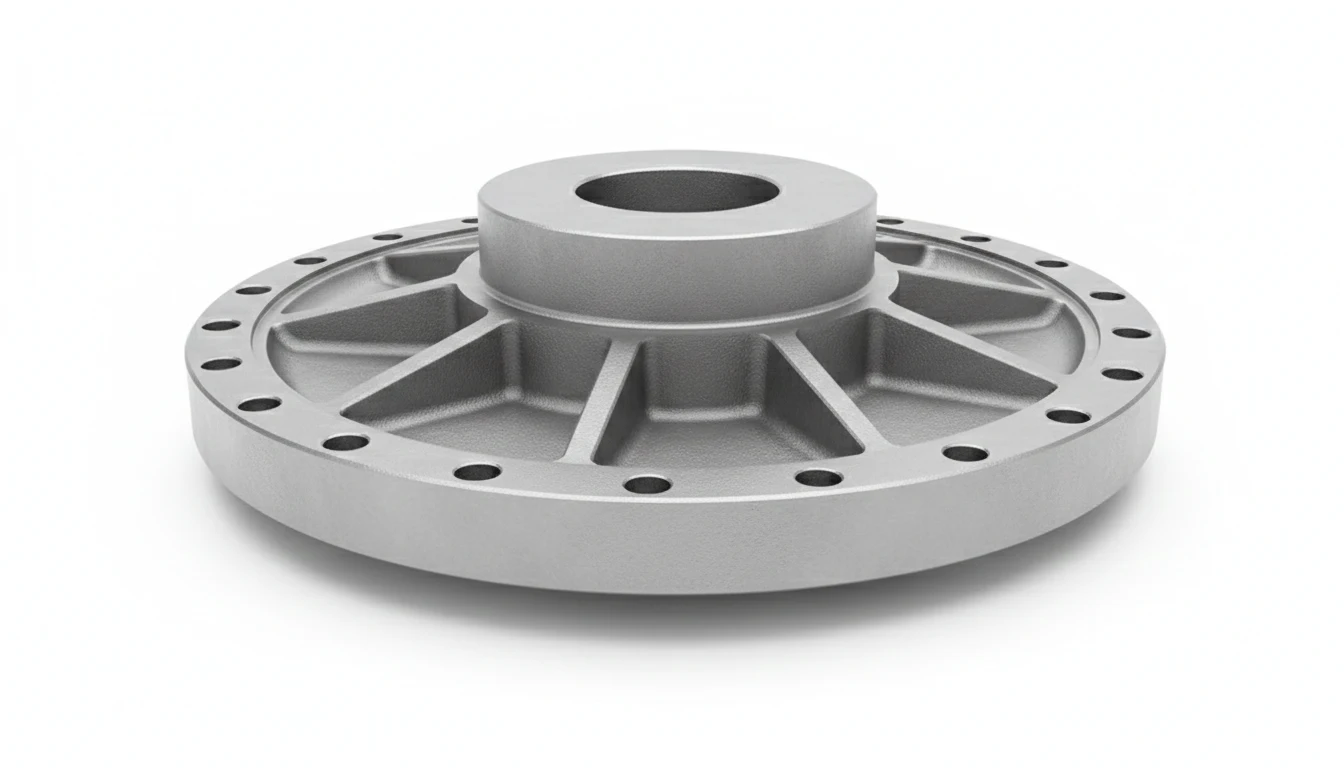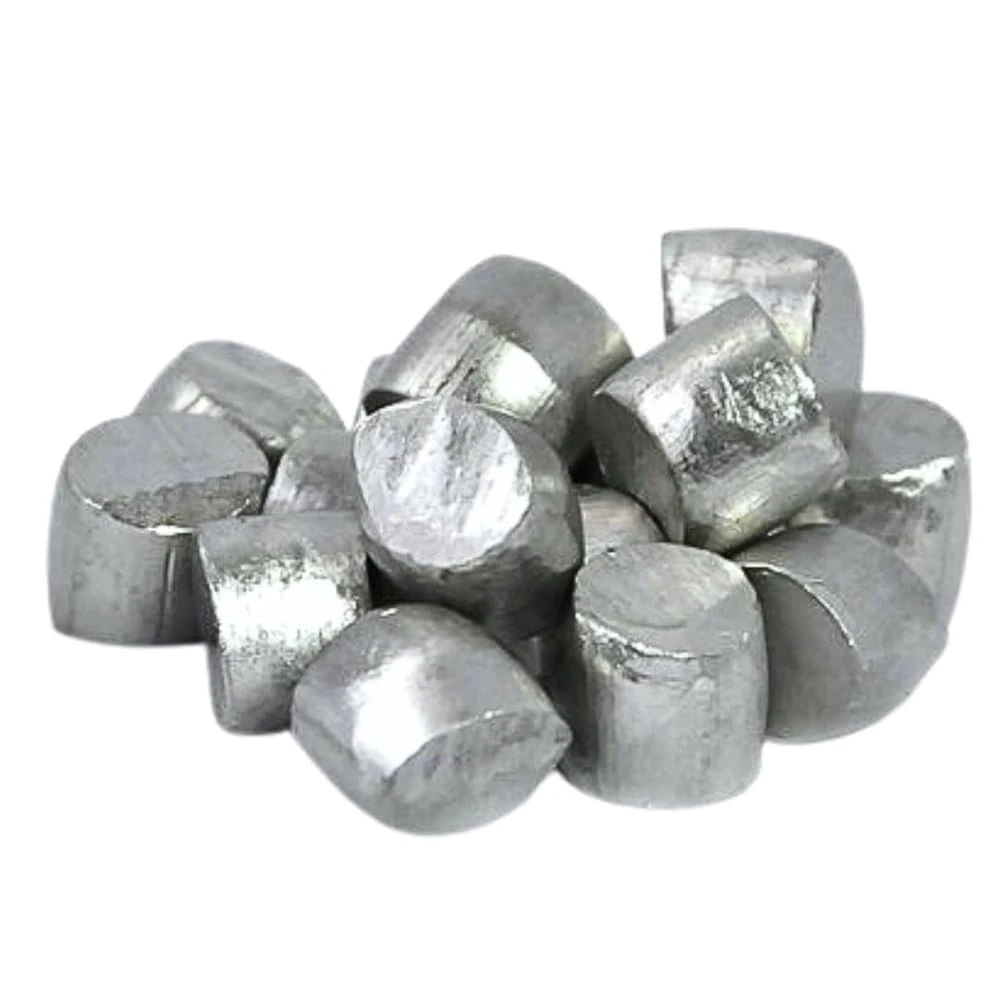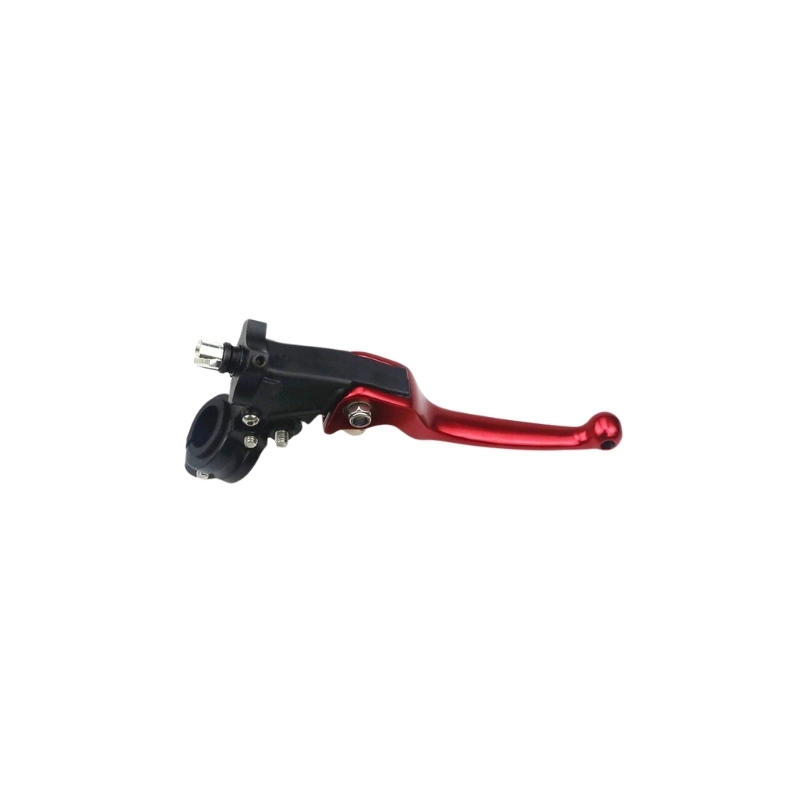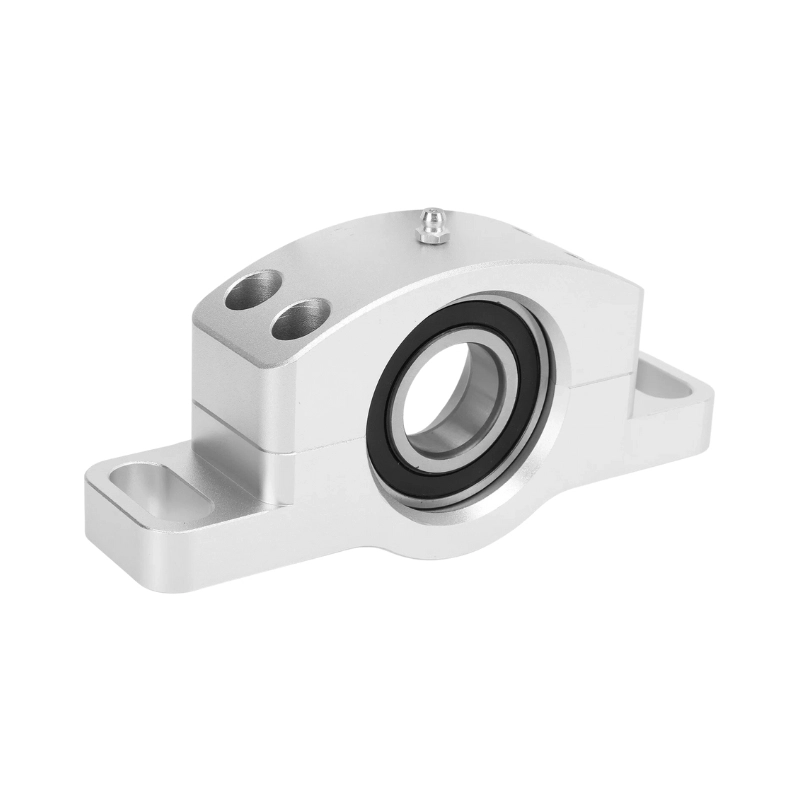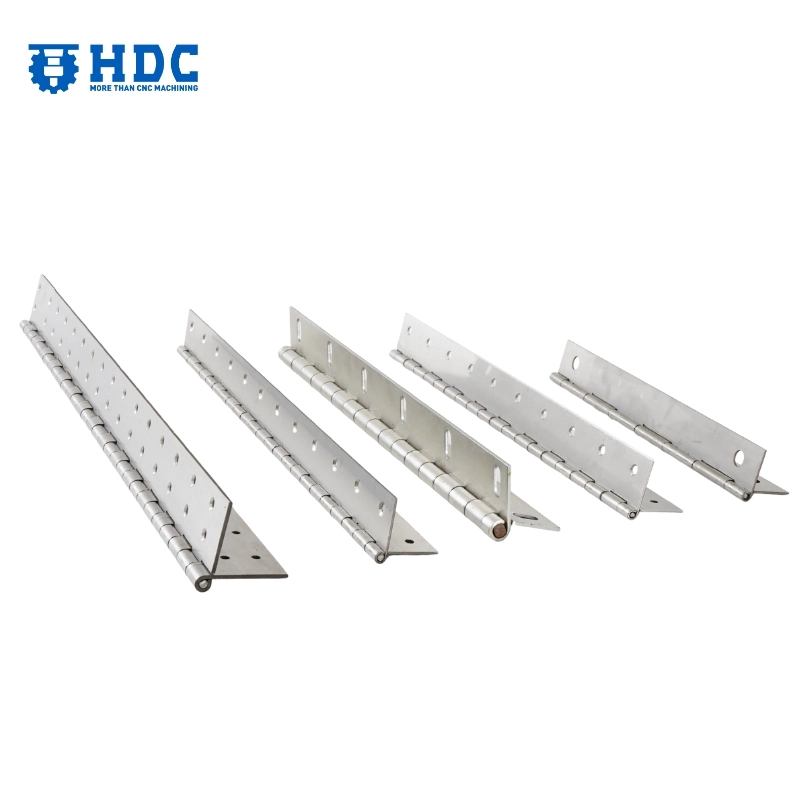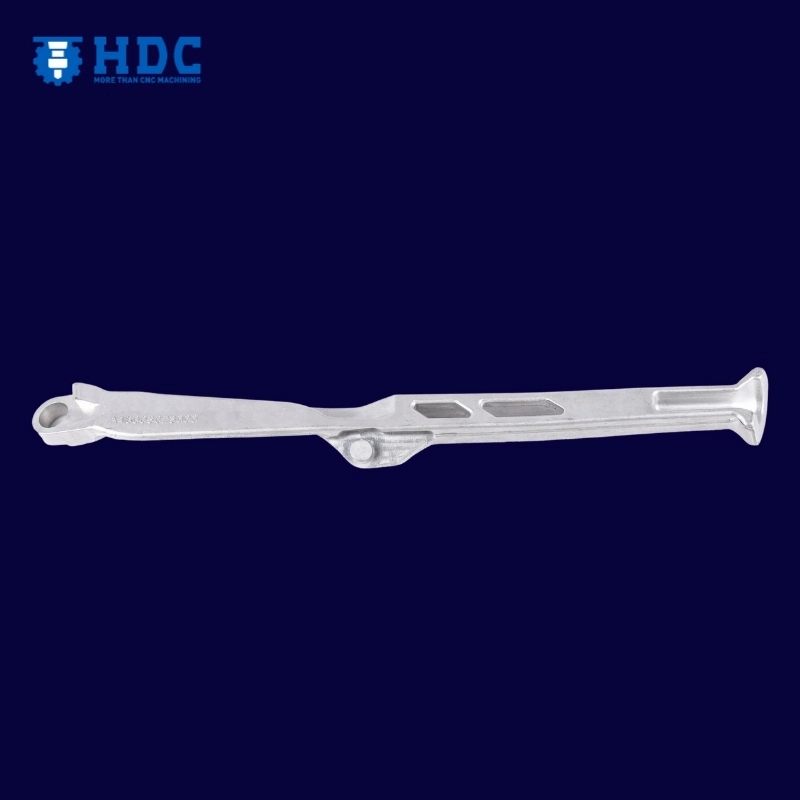- Heim
- Ressourcen
- Bloggen
- POM-Kunststoffübersicht: Eigenschaften, Anwendungen und Verarbeitung
POM-Kunststoffübersicht: Eigenschaften, Anwendungen und Verarbeitung
- Von: HDCMFG
Polyoxymethylen (POM), auch als Acetal-Kunststoff oder Delrin bekannt, ist ein Hochleistungs-Thermoplast, der häufig in der Herstellung von Präzisionsteilen verwendet wird. Seine einzigartige Kombination aus Festigkeit, geringer Reibung und hervorragender Verschleißfestigkeit macht es zu einem beliebten Material für verschiedene Industrie- und Verbraucheranwendungen.
In diesem Blog untersuchen wir die Eigenschaften, Anwendungen und Vorteile von POM-Kunststoff und vergleichen ihn mit anderen Materialien. Ob in Automobilkomponenten oder Industriemaschinen, die Vielseitigkeit und Haltbarkeit von POM sind die Hauptgründe für seine weit verbreitete Verwendung.
Was ist POM-Kunststoff?
POM-Kunststoff ist ein kristallines Polymer, chemisch bekannt als Polyoxymethylen, mit einer beeindruckenden Balance physikalischer Eigenschaften. Es ist sowohl in Homopolymer- als auch in Copolymerform erhältlich, wobei Delrin eine bekannte Marke für Homopolymer-POM ist. In seinem natürlichen Zustand ist POM normalerweise undurchsichtig weiß.
Die Struktur des Materials verleiht ihm eine ausgezeichnete Dimensionsstabilität, hohe mechanische Festigkeit und geringe Feuchtigkeitsaufnahme. Dadurch eignet sich POM ideal für die Herstellung von Präzisionsteilen mit engen Toleranzen, wie Zahnrädern, Lagern und Buchsen.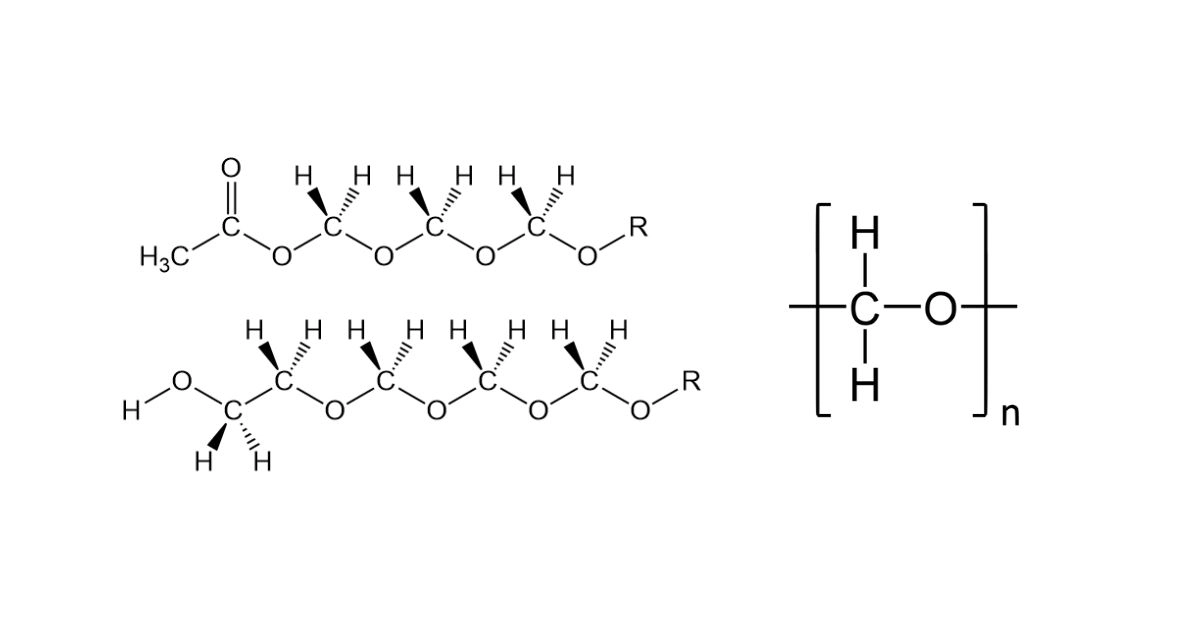
Wichtige Eigenschaften des POM-Materials
POM-Kunststoff wird für seine beeindruckenden mechanischen und physikalischen Eigenschaften geschätzt. Einige seiner wichtigsten Merkmale sind:
- Hohe mechanische Festigkeit: POM weist eine hervorragende Zähigkeit und Elastizität auf und ist daher für Hochleistungsanwendungen geeignet.
- Geringe Reibung und Verschleißfestigkeit: Seine glatte Oberfläche und seine selbstschmierenden Eigenschaften verringern den Verschleiß und machen es ideal für Teile wie Zahnräder.
- Dimensionsstabilität: POM behält seine Form auch in extremen Umgebungen, mit geringer Wärmeausdehnung und minimaler Feuchtigkeitsaufnahme.
- Chemische Beständigkeit: POM ist beständig gegen die meisten Lösungsmittel, Öle und Kraftstoffe.
| Eigenschaften | Wert |
|---|---|
| Dichte bei 20ºC | 1,41g/cm³ |
| Zugfestigkeit bei Streckgrenze | 67 MPa |
| Bruchdehnung | 30% |
| Zug-E-Modul | 2800 MPa |
| Kugeldruckhärte | 150N/mm² |
| Härte (Shore D) | 81 Maßstab D |
| Feuchtigkeitsgehalt | 0,0200 – 0,290 % |
| Einspritzdruck | 82,7 – 124 MPa |
| Schmelztemperatur | 165 °C |
| Betriebstemperatur – langfristig | 50 bis +100 |
| Säurebeständigkeit | Ja |
| Alkalibeständigkeit | Ja |
| Kohlenwasserstoffbeständigkeit | Ja |
| Beständigkeit gegen chlorierte Kohlenwasserstoffe | Beschränkt |
| Aromatische Resistenz | Ja |
| Ketonresistenz | Ja |
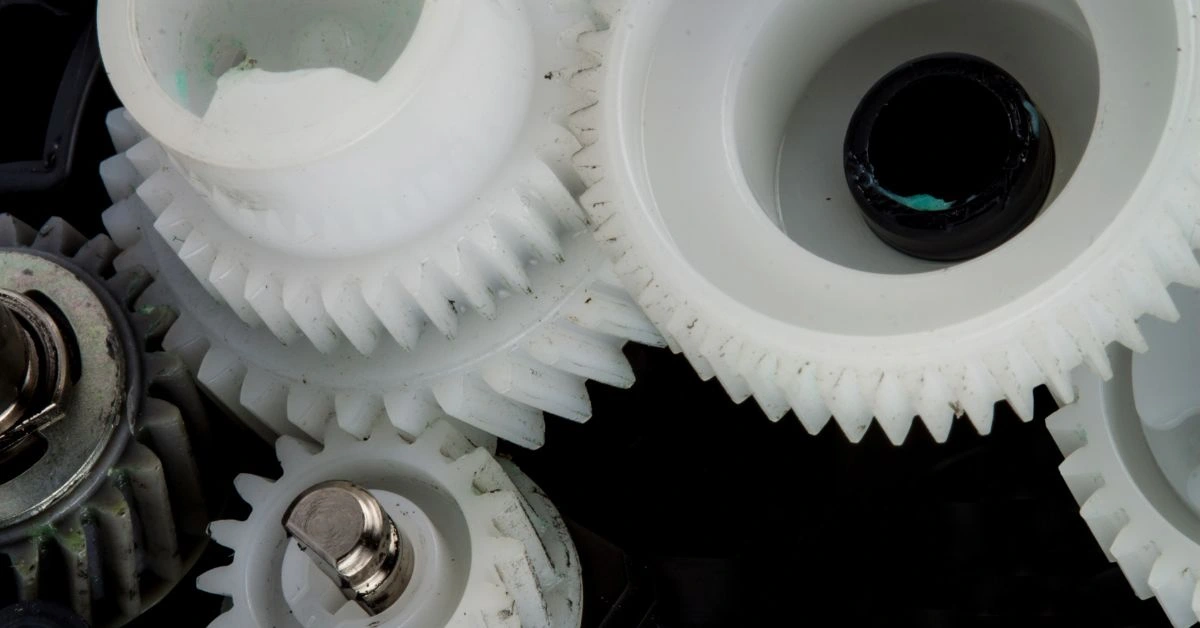
Häufige Anwendungen von POM
POM-Kunststoff wird dank seiner Vielseitigkeit und langlebigen Eigenschaften in zahlreichen Branchen eingesetzt:
- Automobilindustrie: POM wird in Kraftstoffsystemen, Getrieben, Schlössern und Sicherheitsgurtkomponenten verwendet.
- Industrielle Maschinen: Lager, Zahnräder und Strukturbauteile aus POM profitieren von der geringen Reibung und hohen Verschleißfestigkeit.
- Konsumgüter: Es kommt auch in Reißverschlüssen, Küchengeräten und Komponenten von Elektrowerkzeugen vor.
- Medizinbranche: Für medizinische Geräte wie Insulinpens und zahnärztliche Instrumente ist POM aufgrund seiner Biokompatibilität und Sterilisationsstabilität eine ausgezeichnete Wahl.
POM im Vergleich zu anderen Kunststoffen
Im Vergleich zu anderen technischen Kunststoffen POM weist mehrere Vorteile auf:
- POM vs. Nylon: POM bietet eine bessere Verschleißfestigkeit und geringere Feuchtigkeitsaufnahme als Nylon und ist daher die bevorzugte Wahl für Teile, die Wasser oder Feuchtigkeit ausgesetzt sind.
- POM vs. PTFE: Während PTFE (Teflon) zeichnet sich durch hervorragende chemische Beständigkeit und höhere Temperaturtoleranz aus, POM ist fester und leichter zu bearbeiten, weshalb es sich besser für mechanische Teile wie Zahnräder eignet.
- POM vs. Polypropylen: POM bietet im Vergleich zu Polypropylen eine höhere Festigkeit und Steifigkeit, ist flexibler und wird für Leichtbauanwendungen verwendet.
- POM im Vergleich zu PEEK: POM bietet eine gute mechanische Festigkeit und Dimensionsstabilität, wird jedoch von PEEK in puncto Hochtemperaturbeständigkeit und chemischer Beständigkeit übertroffen.
| Eigentum | POM | Nylon | PTFE | SPÄHEN |
|---|---|---|---|---|
| Stärke | Hoch | Mäßig | Mäßig | Sehr hoch |
| Feuchtigkeitsaufnahme | Sehr niedrig | Hoch | Sehr niedrig | Sehr niedrig |
| Bearbeitbarkeit | Exzellent | Gut | Arm | Gut |
| Temperaturbeständigkeit | Mäßig | Mäßig | Hoch | Sehr hoch |
| Chemische Beständigkeit | Mäßig | Mäßig | Sehr hoch | Sehr hoch |
Verarbeitungsverfahren für POM-Kunststoff
Die beiden wichtigsten Verfahren zur Verarbeitung von POM-Kunststoff sind Spritzguss und CNC-Bearbeitung. Spritzguss ist besonders beliebt für die Herstellung großer Mengen von POM-Komponenten mit komplexen Formen, da es zuverlässige Konsistenz und präzise Abmessungen bietet.
Andererseits eignet sich die CNC-Bearbeitung gut für die Herstellung von Präzisionsteilen mit komplizierten Details und engen Toleranzen, da POM sehr leicht bearbeitet werden kann.
Einschränkungen von POM-Kunststoff
Obwohl POM sehr vielseitig ist, bringt es auch einige Nachteile mit sich:
- UV-Empfindlichkeit: POM neigt bei längerer Sonneneinstrahlung zum Zerfall, was seine Verwendung im Außenbereich einschränkt, sofern keine UV-Stabilisatoren hinzugefügt werden.
- Wärmebeschränkungen: POM verträgt Temperaturen über 160 °C nicht über längere Zeiträume und ist daher für einige Anwendungen mit hohen Temperaturen ungeeignet.
- Recycling-Schwierigkeiten: Die thermischen Eigenschaften von POM erschweren das Recycling im Vergleich zu einigen anderen Thermoplasten.
Häufig gestellte Fragen (FAQs) zu POM-Kunststoff
1. Ist POM-Kunststoff von der FDA zugelassen?
Ja, bestimmte POM-Sorten sind von der FDA zugelassen und werden in lebensmittelsicheren Anwendungen wie Küchengeräten und medizinischen Geräten verwendet.
2. Kann POM-Kunststoff im 3D-Druckverfahren gedruckt werden?
Obwohl POM-Kunststoff im 3D-Druckverfahren hergestellt werden kann, wird er aufgrund seiner hohen Genauigkeitsanforderungen üblicherweise im Spritzgussverfahren oder mit der CNC-Bearbeitung verarbeitet.
3. Was ist der Unterschied zwischen POM und Delrin?
Delrin ist ein Markenname für Homopolymer-POM, das im Vergleich zu Copolymer-POM eine etwas höhere Festigkeit und Steifigkeit bietet.
4. Welchen Temperaturbereich hält POM-Kunststoff aus?
POM funktioniert kurzzeitig gut bei Temperaturen bis zu 160 °C, eine längere Einwirkung großer Hitze kann jedoch die Leistung beeinträchtigen.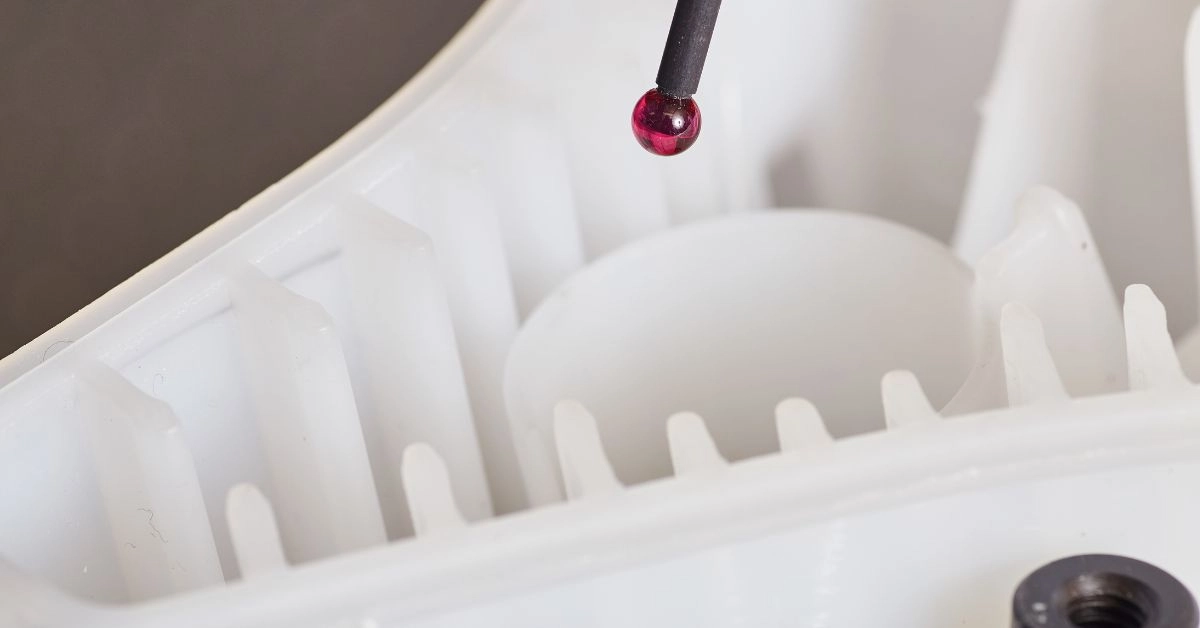
Fazit
POM-Kunststoff ist ein zuverlässiges Material, das in vielen Branchen eingesetzt wird, von der Automobilindustrie bis zur Medizin. Seine Festigkeit, geringe Reibung und Haltbarkeit machen ihn ideal für die Herstellung von Präzisionsteilen.
Bei HDC bieten wir fachmännische CNC-Bearbeitung und Spritzgussdienste für kundenspezifische POM-Kunststoffteile an und gewährleisten so qualitativ hochwertige und langlebige Produkte für Ihre spezifischen Anforderungen.
Entdecken Sie mehr mit unseren Blogbeiträgen.
kürzliche Posts
Erfahren Sie mehr über unsere Produkte
HDC-Produkte
Sofortiges Angebot!

